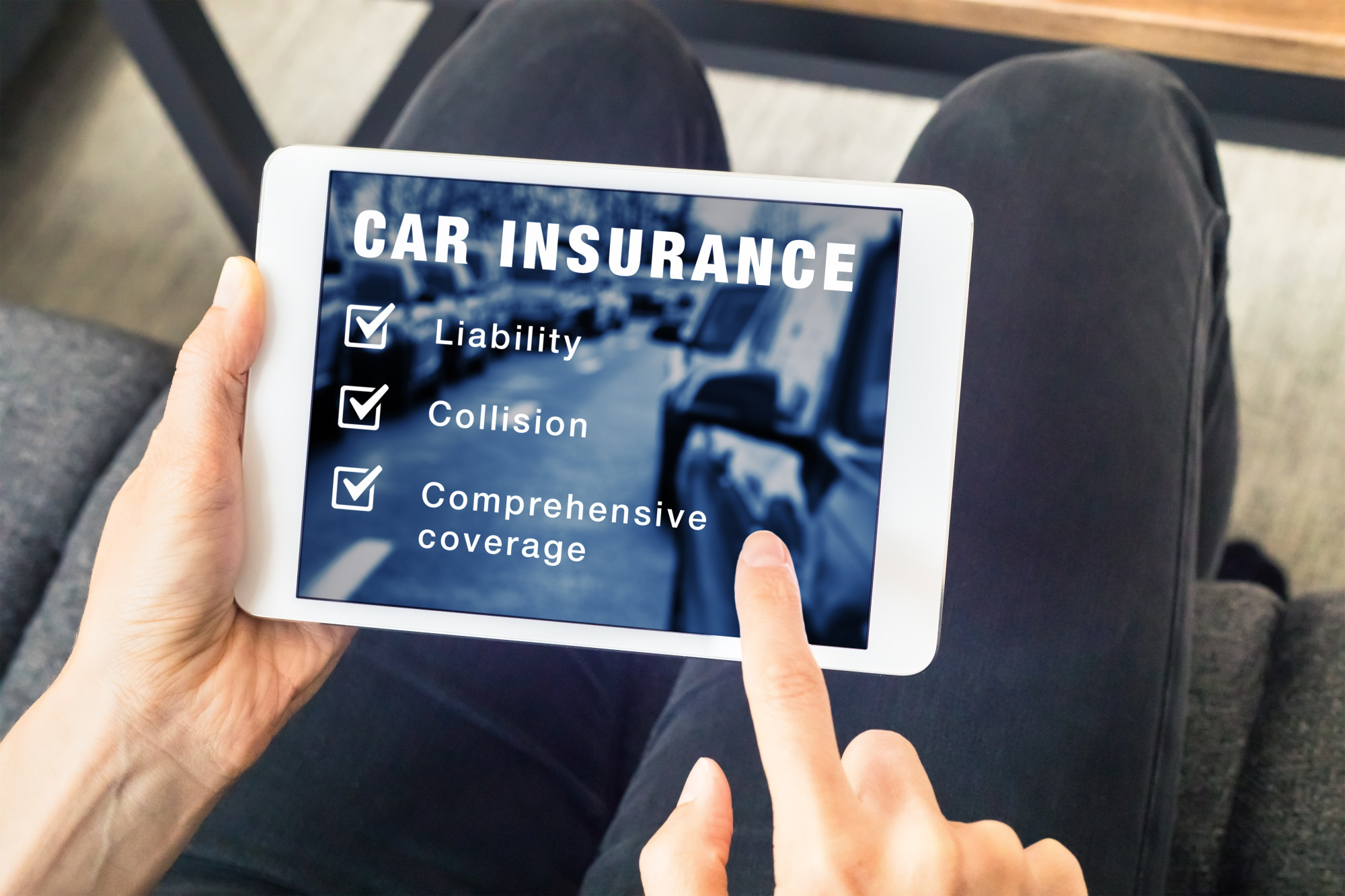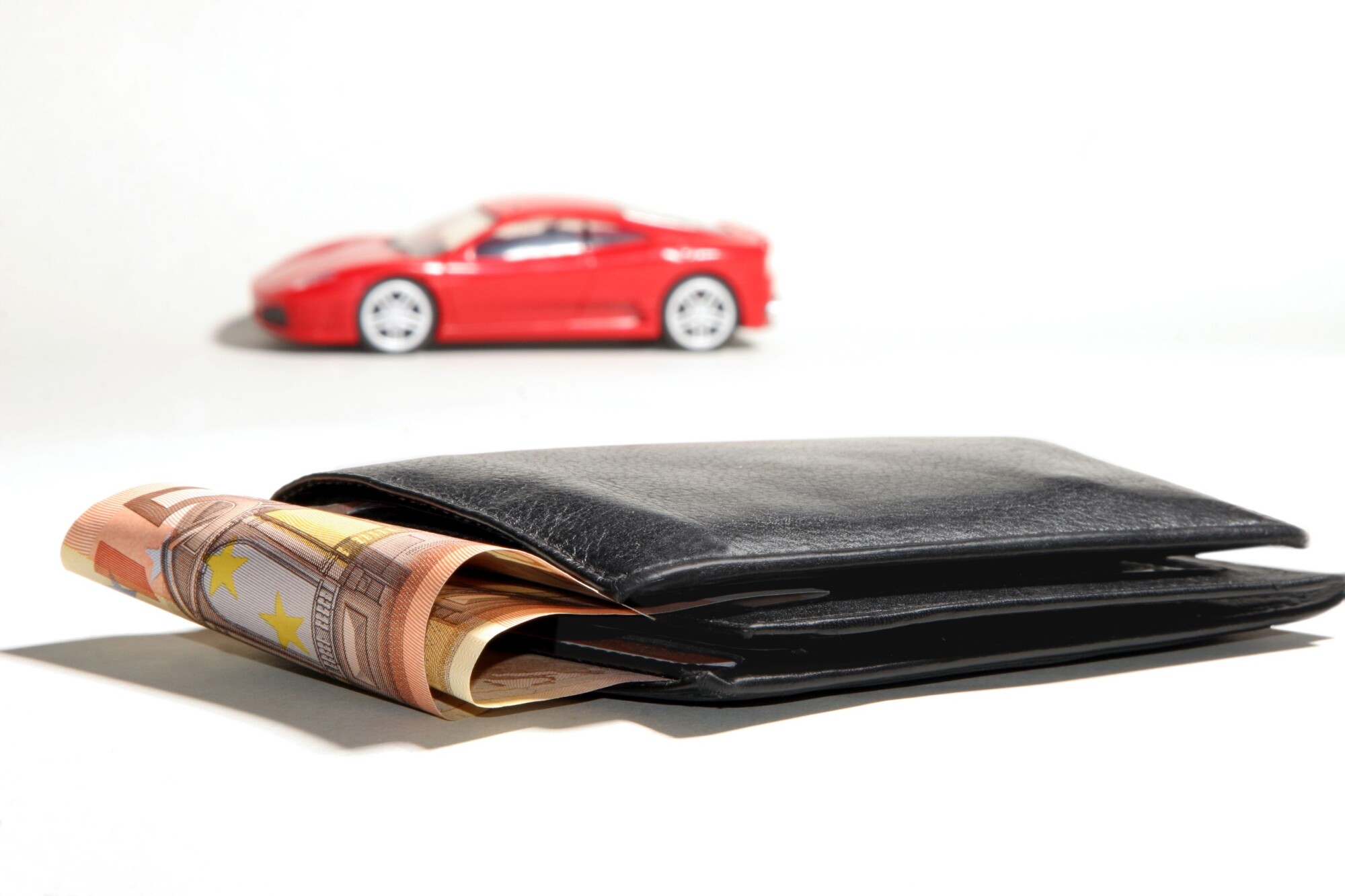
88% of Americans own a car. Which means at least 12% of Americans do not own a car.
Having a car is convenient, yet not everyone can afford it. This could be due to various reasons, such as lack of funds or simply by choice.
But what do you do when you suddenly realize you can’t afford a car but need one? How can you make a large purchase work when you’re living on a shoestring budget?
Even if you think it’s impossible, there are ways to afford a car.
How to Buy A Car With No Money
Let’s take a look at some steps you can take to purchase a car.
1. How Much Can You Afford?
First things first: calculate how much you can afford. Knowing this going in will help you weed out any cars that are above your allotted budget.
Remember that a car will cost more than just the initial payments or lump sum. Be sure to take into consideration the cost of maintenance (like regular oil changes), insurance, registration fees, and gas, just to name a few.
Call a few insurance companies to get a quote to ensure you can manage the cost. Car accidents can drain you financially without insurance, so insurance is a must-have.
Using a car calculator can take the hassle out of figuring out the amount you can spend on a car.
2. Set A Price
Once you’ve landed on a price you’re comfortable with, stick to it! When you’re car shopping it can be tempting to spend more than you can afford.
Don’t settle for too low, though. Keep your price above $1,000. Most cars under that price need significant repairs and will cost you more to operate.
A good price point to consider is starting at $2,000 and not going over $8,000.
3. Buy Used
New cars depreciate in value after they’re driven off the car sales lot, as much as 50% over the course of three years.
There’s also a plethora of other reasons to buy used:
- used cars are considerably cheaper than new
- insurance costs less
- transparent history
- more options to choose from
- cheaper registration fees in some states
Buying used is a no-brainer, especially for a first car or if you can barely afford one.
4. Save up Cash
If your credit is bad or you’re uncomfortable with financing, put a portion of your paycheck aside each pay period and use cash to purchase the car. This may seem like an unattainable goal at first, but sticking to a
Paying with cash gives you peace of mind: no payments! You can drive off the lot knowing your car is paid in full. In addition, with all the other elements that come with car ownership, you’ll need extra money to pay for those.
Sometimes paying cash could entitle you to discounts or incentives and saving you even more money.
When you’re not financing, you’re avoiding paying interest altogether, so you’re saving money here, too.
5. Shop Around for a Loan
People can get loans for just about anything, whether to fund education or debt consolidation. If you can afford it, look into securing a loan to help pay for your car if you don’t have the cash upfront.
Before you apply for a loan, check your credit score. Higher credit scores will help your rate stay low and vice versa. With a poor credit score, obtaining a loan could be a challenge, but it’s doable if you find the right lender. If it’s very poor, stick to the cash route.
Having cash to put down could lower your rate and in turn, create lower payments
6. Keep it Simple
Cars with fancy features like Bluetooth capability or power windows cost more than your basic option. Stick with the bare minimum when it comes to features to keep your costs low. Most used cars in the price range suggested will probably lack modern-day technologies, so you shouldn’t be too concerned.
If the car is in good condition, you can consider adding features in the future.
7. Stick With A Reliable Brand
There are car brands on the market that are more reliable than others, even if they are used. They hold their value and the cost of repairs is typically lower.
Honda, Toyota, and Mazda are some to look for, though do your research first before committing to a brand.
8. Negotiate The Price
Finding a car that closely fits your ideal price is great, but don’t underestimate the power of negotiation. Done well, negotiating could save you some cash.
Before you buy, do some research on the car, price point, and more, so you’re armed with information when you sit down to hash out a price.
9. Ask Yourself, Do You Really Need A Car?
In some instances, it could be in your best interest to wait or not purchase a car. Are there other ways to get to your destination? Do you have friends willing to carpool? Is public transportation too creative?
It’s worth examining other transportation possibilities especially if you’re finances are at stake. Putting off an extremely immense purchase could be a smart idea if it causes you substantial financial hardship. Cars are a big responsibility, even used ones.
Where to Shop
Shopping for cars is fairly easy. There’s plenty of places and options to shop.
Dealerships: Nearly all new-used car dealerships have a used car lot with an assortment of used vehicles. For most dealerships, you can view their selection of cars online before you visit the lot to see if it’s worth your time. Used-car dealerships are also a good place to start.
Online: There’s a variety of cars available online, but be cautious. Private sellers, car ads, and dealerships post ads online, though they’re not always valid or reputable. Inspect the car first, meet with the seller, and get a contract in writing before you make a purchase.
Can’t Afford A Car But Need One? No Problem!
If you can’t afford a car but need one, you have options! Take a look over your budget and evaluate your needs. You will come to a conclusion that works for you.
Need more information on fixing up cars? We’ve got you covered. Visit our page for everything you need to know.




